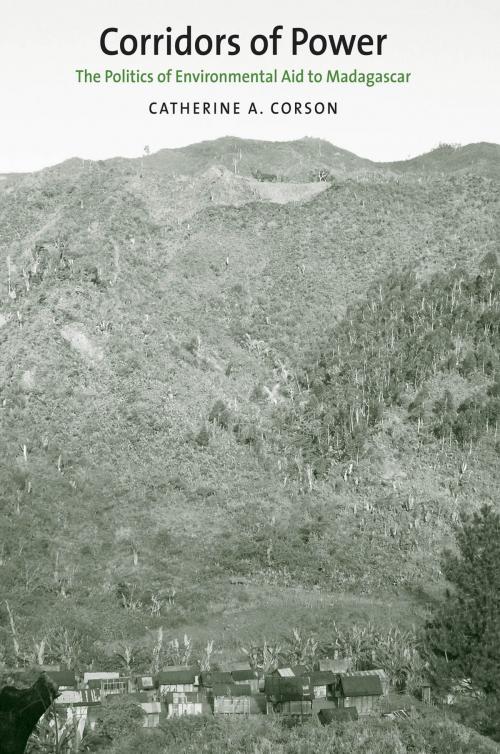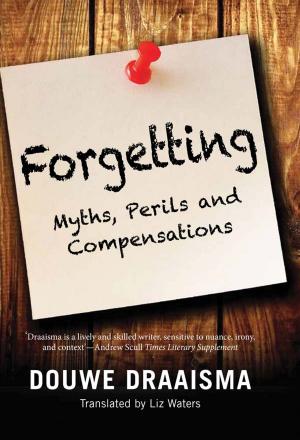Corridors of Power
The Politics of Environmental Aid to Madagascar
Nonfiction, History, Africa, Social & Cultural Studies, Political Science, Government, Public Policy, Science & Nature, Science, Biological Sciences| Author: | Catherine A. Corson | ISBN: | 9780300225068 |
| Publisher: | Yale University Press | Publication: | August 23, 2016 |
| Imprint: | Yale University Press | Language: | English |
| Author: | Catherine A. Corson |
| ISBN: | 9780300225068 |
| Publisher: | Yale University Press |
| Publication: | August 23, 2016 |
| Imprint: | Yale University Press |
| Language: | English |
A highly regarded academic and former policy analyst and consultant charts the forty-year history of neoliberalism, environmental governance, and resource rights in Madagascar
Since the 1970s, the U.S. Agency for International Development has spent millions of dollars to preserve Madagascar’s rich biological diversity. Yet its habitats are still in decline. Studying forty years of policy making in multiple sites, Catherine Corson reveals how blaming impoverished Malagasy farmers for Madagascar’s environmental decline has avoided challenging other drivers of deforestation, such as the logging and mining industries. In this important ethnographic study, Corson reveals how Madagascar’s environmental program reflects the transformation of global environmental governance under neoliberalism.
Since the 1970s, the U.S. Agency for International Development has spent millions of dollars to preserve Madagascar’s rich biological diversity. Yet its habitats are still in decline. Studying forty years of policy making in multiple sites, Catherine Corson reveals how blaming impoverished Malagasy farmers for Madagascar’s environmental decline has avoided challenging other drivers of deforestation, such as the logging and mining industries. In this important ethnographic study, Corson reveals how Madagascar’s environmental program reflects the transformation of global environmental governance under neoliberalism.
A highly regarded academic and former policy analyst and consultant charts the forty-year history of neoliberalism, environmental governance, and resource rights in Madagascar
Since the 1970s, the U.S. Agency for International Development has spent millions of dollars to preserve Madagascar’s rich biological diversity. Yet its habitats are still in decline. Studying forty years of policy making in multiple sites, Catherine Corson reveals how blaming impoverished Malagasy farmers for Madagascar’s environmental decline has avoided challenging other drivers of deforestation, such as the logging and mining industries. In this important ethnographic study, Corson reveals how Madagascar’s environmental program reflects the transformation of global environmental governance under neoliberalism.
Since the 1970s, the U.S. Agency for International Development has spent millions of dollars to preserve Madagascar’s rich biological diversity. Yet its habitats are still in decline. Studying forty years of policy making in multiple sites, Catherine Corson reveals how blaming impoverished Malagasy farmers for Madagascar’s environmental decline has avoided challenging other drivers of deforestation, such as the logging and mining industries. In this important ethnographic study, Corson reveals how Madagascar’s environmental program reflects the transformation of global environmental governance under neoliberalism.















